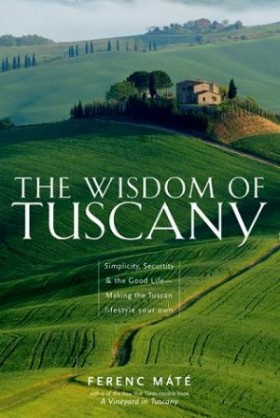- HOME
- ENGLISH FORUM
- BADLY WRITTEN, BADLY SPOKEN
- GETTING
TO KNOW ENGLISH - PREPARING FOR ENGLISH PROFICIENCY TESTS
- POUR OUT YOUR MIND IN ENGLISH
- GOING DEEPER INTO ENGLISH
- YOU ASKED ME THIS QUESTION
- EDUCATION AND TEACHING FORUM
- ADVICE AND DISSENT
- MY MEDIA ENGLISH WATCH
- NOTABLE WORKS BY OUR VERY OWN
- ESSAYS BY JOSE CARILLO
- ABOUT JOSE CARILLO
- READINGS ABOUT LANGUAGE
- TIME OUT FROM ENGLISH GRAMMAR
- NEWS AND COMMENTARY
- BOOKSHOP
- ARCHIVES
TIME OUT FROM ENGLISH GRAMMAR
This section features wide-ranging, thought-provoking articles in English on any subject under the sun. Its objective is to present new, mind-changing ideas as well as to show to serious students of English how the various tools of the language can be felicitously harnessed to report a momentous or life-changing finding or event, to espouse or oppose an idea, or to express a deeply felt view about the world around us.
The outstanding English-language expositions to be featured here will mostly be presented through links to the websites that carry them. To put a particular work in better context, links to critiques, biographical sketches, and various other material about the author and his or her works will usually be also provided.
I hope you’ll enjoy the new selections that will be presented here each week.Joe Carillo
Charm wanes for iconic provençal place, iconic best-selling writer
To two critics at least, it’s time to point out the downside to two major icons of our time—Tuscany as the epitome of simplicity, security, and the good life, and Malcolm Gladwell as the reigning king of pop psychology.

For quite a long time now, the provençal town of Tuscany in Italy has been a charming symbol of la dolce vita to many Britons and Americans. But in his review of Ferenc Máté’s new book, The Wisdom of Tuscany, for the October 30, 2009 issue of WorldHum, travel writer Frank Bures says that there’s a ring of untruth to Máté’s vision that “all that is perfect in Tuscany is all that is wrong with our own society.” Finding fault with Máté’s having turned the fascination of Tuscany into a service piece that merges travel with self-help, Bures contends that “this kind of simple-minded Italophilia is painful stuff at this point, and demonstrates how the genre has exhausted itself, and from now on can be little more than a self-mocking cliché.”
Read Frank Bures’s “The Death of the Idyll” in WorldHum now!
Malcolm Gladwell has charmed thousands of readers worldwide with books dealing with counterintuitive findings from little-known experts, making his The Tipping Point, Blink, and Outliers mega-bestsellers and himself a popular lecture speaker on both sides of the Atlantic. But in a review of Gladwell’s latest book, What the Dog Saw, in the November 7, 2009 issue of The New York Times, Harvard University psychology professor Steven Pinker warns that the latter’s latest collection of essays explaining improbable things “unwittingly demonstrates the hazards of statistical reasoning.” Pinker explains: “An eclectic essayist is necessarily a dilettante, which is not in itself a bad thing. But Gladwell frequently holds forth about statistics and psychology, and his lack of technical grounding in these subjects can be jarring.”
Read “Malcolm Gladwell, Eclectic Detective” in The New York Times now!







